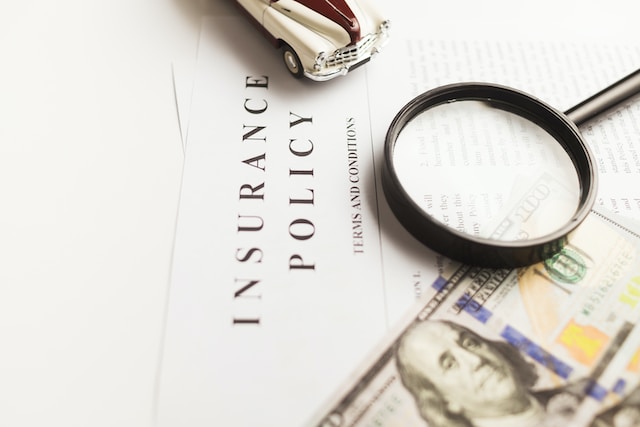When you file an insurance claim for damages to your property, you expect to receive compensation to cover the cost of repairs. But what happens if you don’t use that insurance money for the intended repairs? While it may be tempting to use the funds for other expenses, there are consequences to consider.
In this article, we’ll explore what happens if you don’t use insurance money for repairs, discussing the policies, claims, and potential legal issues that can arise.
Whether you’re a homeowner, car owner, or just curious about the insurance claims process, read on to discover everything you need to know about the consequences of not using insurance money for repairs.
Table of Contents
What Happens If You Don’t Use Insurance Money for Repairs?
When a policyholder files an insurance claim, the insurance company will assess the damage and provide a settlement amount to cover the cost of the repairs.
However, policyholders may choose not to use the insurance money for repairs, and this decision can have consequences. In this section, we will explore the potential outcomes of not using insurance money for repairs.
Insurance Company Requirements
When a policyholder receives an insurance settlement, they are typically required to use the funds to repair the damage.
However, if the policyholder decides not to use the funds for repairs, they may be required to provide documentation to the insurance company explaining why they chose not to use the money.
The insurance company may also require the policyholder to return the settlement amount if they do not use it for repairs.
Legal Consequences
If a policyholder chooses not to use insurance money for repairs and the damage is not fixed, they may be held liable for any future damage or injuries that occur as a result of the unrepaired damage.
For example, if a policyholder receives an insurance settlement for a damaged roof but chooses not to repair it, they may be held liable if someone is injured due to the damaged roof collapsing.
Financial Consequences
If a policyholder does not use insurance money for repairs, they may be responsible for paying for any future damage or injuries that occur as a result of the unrepaired damage.
In addition, if the policyholder decides to sell the property in the future, the value of the property may be reduced due to the unrepaired damage, resulting in a lower sale price.
It is important for policyholders to carefully consider their options when deciding whether to use insurance money for repairs.
While they may be tempted to use the funds for other purposes, the potential consequences of not repairing the damage can be significant.
Alternatives to Using Insurance Money for Repairs
When an individual receives insurance money for repairs, it is not mandatory to use the funds for fixing the damages. There are a few alternatives available to the policyholder.
Self-Repairs
One option is to perform the repairs themselves. If the damages are minor, such as a small dent or scratch, the policyholder may be able to fix the issue without professional help. This option can save money, but it is important to ensure the repairs are done correctly and safely.
Negotiating with Contractors
Another option is to negotiate with contractors to complete the repairs for less than the insurance payout.
This can be done by obtaining multiple quotes from contractors and comparing prices. It is important to ensure that the contractors are reputable and qualified to complete the repairs.
Using the Money for Other Expenses
If the policyholder decides not to use the insurance money for repairs, they can use the funds for other expenses.
For example, the money can be used to pay off debt, invest in a business, or make home improvements that are not related to the damages.
However, it is important to note that if the policyholder chooses this option, they may be liable for any damages or losses that occur in the future.
Conclusion
In conclusion, it is important to understand the consequences of not using insurance money for repairs. While it may be tempting to keep the money and use it for other purposes, it could lead to legal and financial issues down the line.
If the insurance company has provided a fair settlement for the damages, it is recommended to use the money for repairs to avoid any potential liability for future damages or injuries.
Furthermore, failing to make repairs could result in the cancellation of insurance policies or higher insurance rates in the future.
It is important to keep up with necessary repairs to maintain a good insurance history and avoid any negative impacts on insurance coverage.
Ultimately, it is the responsibility of the policyholder to ensure that the insurance money is used for its intended purpose and to take necessary steps to prevent any further damage or liability.
By following these guidelines, policyholders can protect themselves and their financial well-being in the long run.







